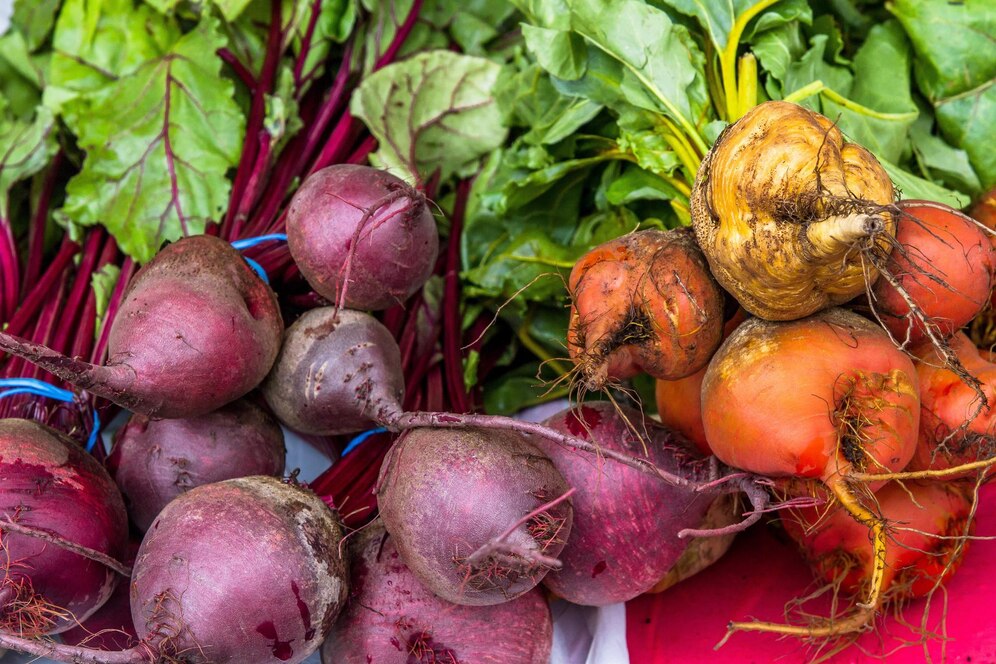In a move aimed at bolstering local agricultural production and ensuring the stability of the national market, the Ministry of Lands and Agriculture has announced revisions to the import restrictions on certain horticultural produce. These changes, which will take effect from April 15, 2025, focus on beetroot, sweet potatoes, garlic, ginger, herbs, carrots, and onions, crops commonly consumed across Botswana.
The new policy is designed to strengthen the capacity of local farmers to meet national demand while enhancing the quality of produce available in the market. It is also aligned with efforts to reduce the country’s reliance on imported produce, thereby fostering greater self-sufficiency in key horticultural sectors.
Impact on Crop Availability and District-level Distribution
The revised import restrictions will have varying effects on the availability of specific crops across different districts in Botswana. Beetroot, sweet potatoes, and onions, for example, are already grown in significant quantities in areas like the Kweneng, Kgatleng, and Central Districts, where climate and soil conditions are conducive for their cultivation. However, the availability of crops such as garlic and ginger has been more limited, with production concentrated in a few areas due to the specific growing conditions required. These revisions are expected to encourage more districts to engage in the cultivation of a broader range of crops.
The Ministry’s push to increase local production will likely stimulate interest among farmers to expand their farming operations and diversify their crop choices. It is also expected to contribute to the development of agribusiness opportunities across rural and peri-urban areas, where many of these crops are currently imported to meet consumer demand.
Compliance with Import Requirements
While the goal is to promote local production, the revisions also come with increased import requirements for businesses or individuals still wishing to import the restricted produce. Importers will now be required to obtain sanitary certificates and permits to ensure that any imports meet Botswana’s quality and health standards. These measures are intended to prevent the entry of substandard or harmful produce, ensuring that the local market is not overwhelmed by inferior goods.
Importers will also have to comply with regulations that mandate proper packaging and traceability, providing full transparency about the source and condition of the produce. These additional layers of regulation are expected to have a dual benefit: maintaining quality in the market while giving an added incentive for local farmers to supply products that meet or exceed these same standards.
Role of Local Producers
Local producers will play a crucial role in filling the gap left by imports of restricted crops. With the revised import measures, local farmers will be at the forefront of meeting national demand for essential horticultural products. This shift presents both challenges and opportunities. Farmers will need to scale up production, invest in improved farming techniques, and possibly collaborate with agricultural organizations for better market access.
Moreover, the emphasis on local production aligns with the government’s vision to create a more resilient agricultural sector. By reducing dependence on imported produce, Botswana can strengthen food security, create jobs, and stimulate the rural economy. It is anticipated that, over time, this will lead to more competitive pricing, a more robust supply chain, and the development of new local varieties of these crops that are better suited to Botswana’s unique climate.
The Ministry of Lands and Agriculture’s revision of import restrictions on selected horticultural produce marks a significant step towards enhancing local agricultural production, ensuring better market stability, and promoting food security in Botswana. The impact will be felt across various districts, with local farmers expected to rise to the challenge of meeting the growing demand for high-quality produce. While compliance with the new import requirements may pose challenges for some, the long-term benefits of fostering a more self-sufficient and sustainable agricultural sector hold great promise for the country.










